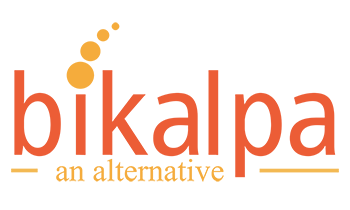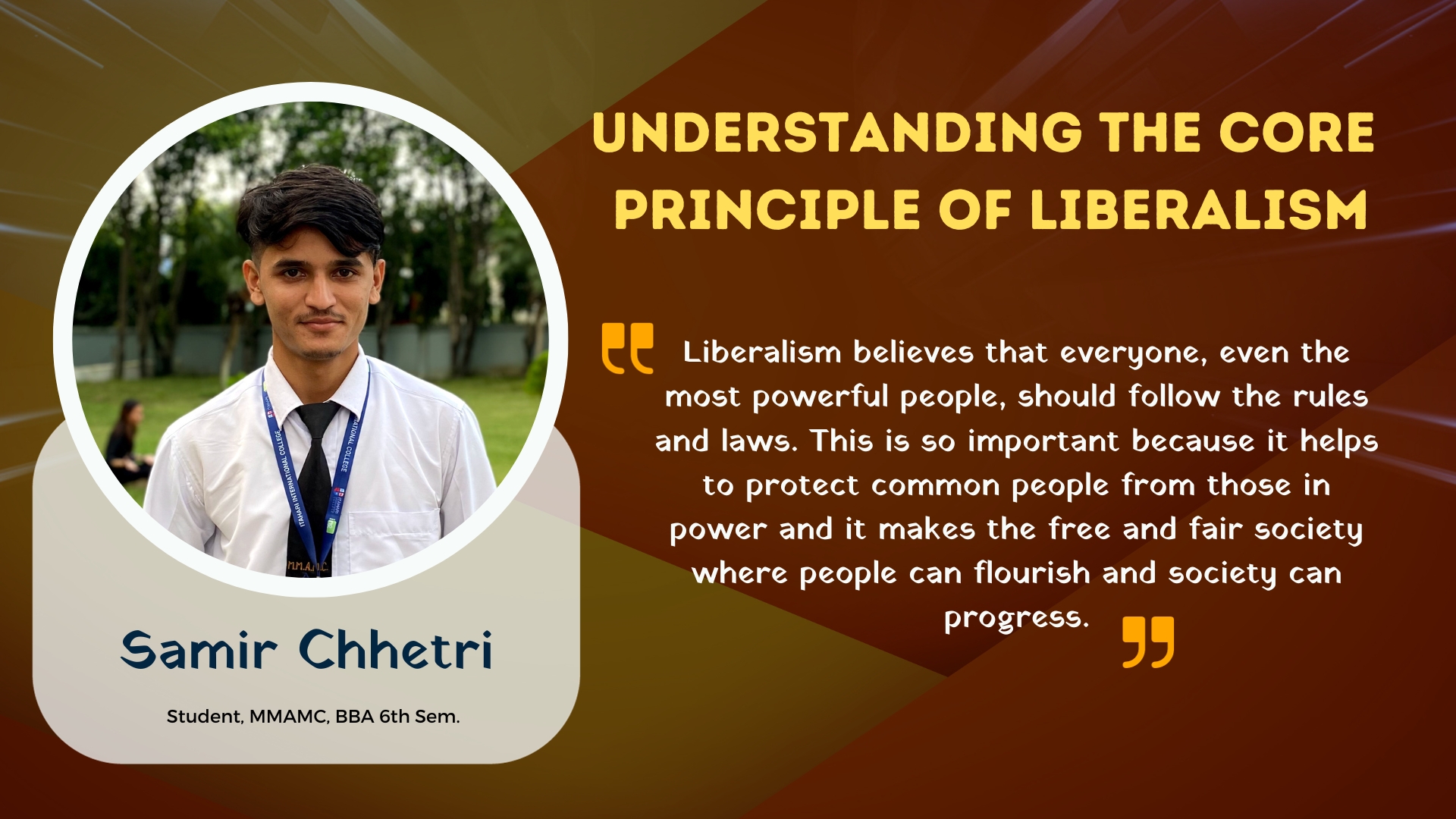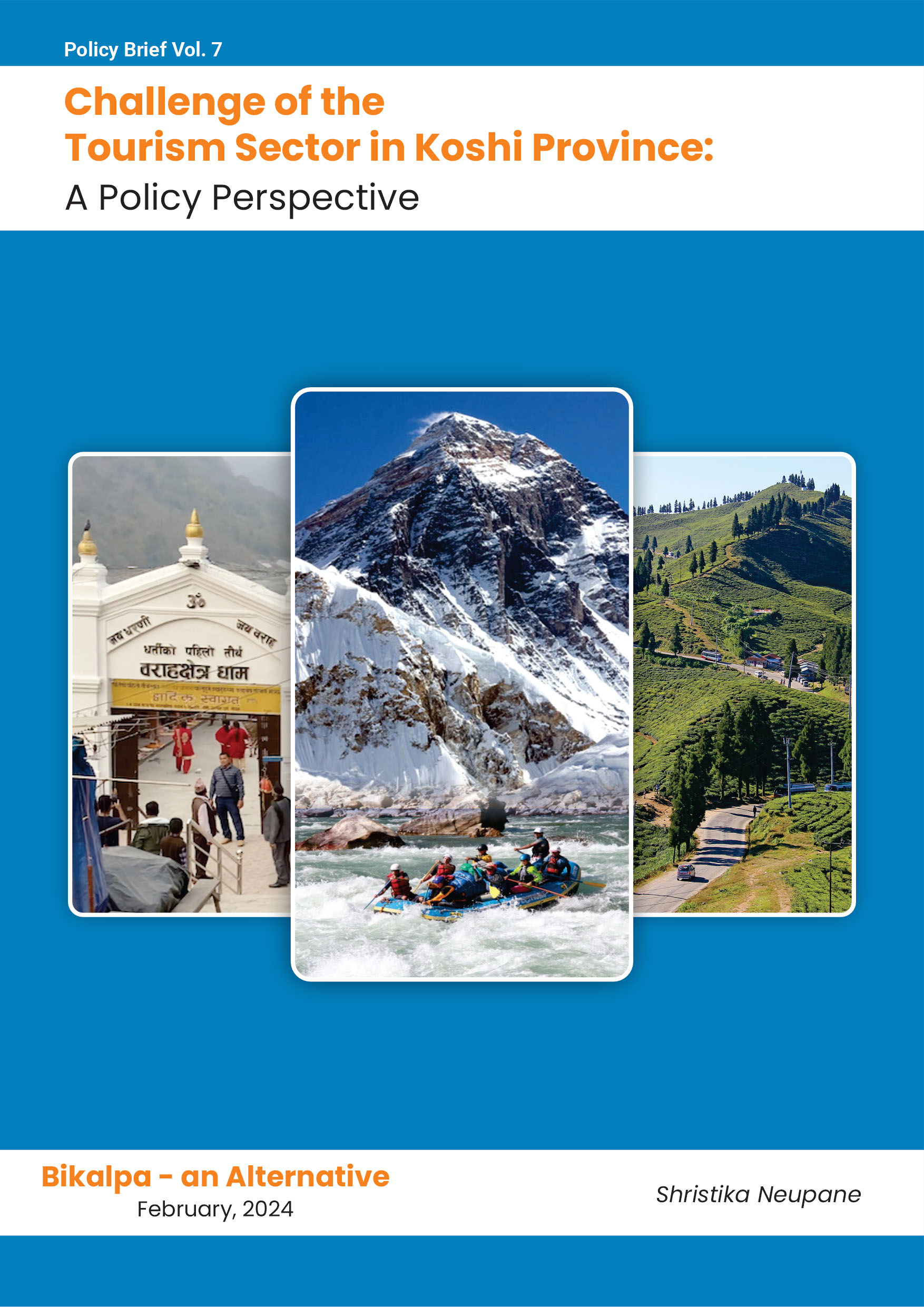Things were very different in past, personal rights and freedoms were suppressed and the government was ruled by powerful kings/queens who has complete power over people and people don’t have much say on how things are run. In 1215, the Magna Carta was a significant milestone in the development of individual liberties. It was an agreement between the English barons and King John of England that established certain rights and limits on the monarch’s power. Similarly, the 17th and 18th centuries saw the emergence of the Enlightenment, a period marked by the growth of reason, science, and individualism. Likewise, The American Revolution (1775-1783) and The French Revolution (1789-1799) were pivotal events in the history of liberty. During the 19th century, the movement to abolish slavery gained momentum, recognizing the fundamental right to freedom for all human beings. Initially, voting rights were limited to property-owning males, but over time, these rights were extended to various segments of the population, including women and minority groups. After the World War II, there was an increased focus on human rights as a global concern. The Universal Declaration of Human Rights (1948) established a set of fundamental rights and freedoms that all individuals should enjoy, regardless of nationality, race, or other factors. In the mid-20th century, the civil rights movement in the United States aimed to end racial segregation and discrimination, pushing for equal rights and opportunities for all citizens. Today, modern liberty has emerged providing a wide range of personal freedom for individuals like right to speak freely, practice any religion, gather peacefully with others, and maintain privacy. In modern democratic societies, there are active efforts to safeguard these rights through the establishment of laws and constitutional protections.
According to the political philosopher, John Locke individuals have a fundamental right to liberty, and this liberty should not be unnecessarily restricted by external authorities, oppressive governments, or other individuals. He views freedom as a birthright, something that all humans inherently possess, and it should only be limited or constrained when an individual’s actions threaten the rights of others, when an individual’s actions endanger the general welfare or stability of society, if people make too much pollution or use up resources too quickly, if an individual poses a direct threat to themselves or others, if an individual violates a legitimate contract, in situations where public health is at risk, during a pandemic, when majority oppress minorities it becomes necessary for the government to intervene and restrict that person’s actions
A big part of this evolution is knowing that private property let individual have their own freedom, share power, and get what they really want. The idea goes along with needing less government control as expert like Milton Friedman suggest government mistakes can be worse than problems in the market. When we’re not sure about giving too much power to one group, like Friedrich Hayek talked about, we understand that if that power isn’t controlled, it can hurt people’s freedom and make things not go very well. The rule of law is helpful structure that keeps people’s freedom safe, stops powerful people from doing bad things, and makes sure everything stays organized. These ideas come from things we’ve learned in history. The road to more personal freedoms has been a journey filled with important moments in history and the growth of key ideas in liberalism. Let’s look at a few of this exciting principle:
Liberalism and Private Property
Private property promotes individual freedom in three different ways; first, by creating a zone of individual autonomy. In contemporary market economics, there are four elements of property ownership that is the right to possess, the right to use, the right to exclude and the right to alienate(transfer). Among them only the right to use, possess and exclude are relevant to preserving the physical zone of autonomy. Zones of individual freedom can be maintained even if the owner doesn’t have the right to transfer. Secondly, property promotes freedom by dispersing power. According to Milton Friedman, private property-based capitalism promotes personal freedom by separating economic power from political power. Having said so, private property alone is not enough to prevent despotic government power. Therefore, it is essential to recognize protection of property rights. Lastly, property gives people access to the resources to be free. In the absence of private property, various resources need to be allocated. Who gets to decide how to distribute, and how to decide who gets what? For all these decision market leaves to individual but now it must be made by the government. For instance, if person A values housing more than education and person B values education more than housing, the equal allocation prevents both A and B from making the resource choice. When a society is built on the foundation of private property, individuals are granted the ability to exercise their freedoms without unnecessary intrusions or constraints. This allows people to pursue their own interests and make choices without undue interference from external forces.
Liberalism and limited government
Chicago School of economics thinks that both market and government can make mistakes and if we compare these mistakes government’s mistake can be more harmful than market mistakes. They claim that government failure has greater harm than the market failure. This is because the government policies can sometimes do the opposite of what they intended and cause unexpected problems. This happens because of policy makers don’t always understand what’s best for everyone, they maybe more focused on their self-interest. Milton Friedman identifies four roles of government which are protection, administration of justice, public goods, and negative externalities and protecting the irresponsible. Friedman believes that government has responsibility, and it should achieve its ends through market mechanism.
In the school of public choice, they advocate the role of the government is to look for social contract theory where government was formed to protect our life and property. We agree that people are motivated by their self-interest and so do the people who are in government. In politics, they are self- interested in the election and getting re-elected and for this, they ask for votes from certain groups promising to work in their Favor, and particular group are also driven by self-interest where they are also looking for manipulating the government to work in their Favor. Political actors have a vested interest in growing government well beyond what people agree on in the social contract. Therefore, the role of government should be limited.
Austrian School figure Friedrich Hayek argues on the limitation of knowledge with the government and Hayek is moreover interested in spontaneous order. Spontaneous order is the concept that says things in a society often happens without a plan. It’s like when lots of people do their own things and the result is often a system/order that wasn’t intentionally created. Hayek talks about our evolution has come so far without any central planner to tell us what to do, and how to behave. He’s interested in the common law; how traditional law has developed over the ages. He thinks that much of the order that we do see in society was the result of human action, but not of human design. With problem brings economic opportunities and allow people to come up with the most appropriate and innovative solution to the problem when individual is left freely to work on the problems instead of intervening by the government.
Liberalism and Skepticism of power
Skepticism of political authority, within the context of libertarianism, means questioning whether the government has the right to do things that would be considered wrong if done by individuals or non-governmental organizations. Hayek’s book “The Road to Serfdom” provides insight that when too much power is held by few people regardless of good intention poses risk to individual liberty and can cause unexpected problems. According to Hayek, this happens because when power is concentrated in one place it attracts people who really want to be in charge and control over other, they see this as an opportunity to have authority over people. They are willing to work within the government’s structure because it gives them the authority and means to do so. Researchers in the fields of psychology and politics have investigated what kind of people are interested in working for the government? What they found is that some people are more interested in having power and control over others. These people might be more likely to choose jobs in the government because those jobs allow them to have authority and make important decisions that affect the rules and policies that everyone must follow. So, in a way, government jobs attract people who want to be in charge and have influence over how things are done.
Liberalism and rule of law
Liberalism believes that everyone, even the most powerful people, should follow the rules and laws. This is so important because it helps to protect regular people from those in power and it makes the free and fair society where people can do well in their lives and society can progress. During the time of crisis, we want government to act promptly when needed but at the same time, we also want to make sure people in power don’t become too much powerful and misuse the authority. To achieve the right balance, we must have the system of check and balance as it helps to make quick decision on emergency and still follow certain rules, these rules make accountable to the action taken so that nobody is above the law.
In summary, the history of personal freedom and individual right have come a long way from oppressive government to establishment of fundamental rights and freedom. The core principle of liberalism includes private property which is so important that it gives an individual their own space where they can do what they want without telling anyone. It also provides people with resources to be free. Likewise, the idea of limited government is crucial in liberalism as it acknowledge both the government and market make the mistakes, but the government mistakes can have more harmful consequences. This is the reason why government should be limited. Similarly, concentration power can attract people who are interest to control and influence the people that’s why it is important to keep check on government authority. Lastly, rule of law is vital as it ensure that everyone including the powerful people follow the established rules and regulation. As we all are navigating the challenges of our time, we must seek for the balance between government involvement and promoting liberties and ensuring equal opportunities for all while respecting individual independence. Embracing this core principle of liberalism build moral system to govern to lead societies that cherish dignity, uphold liberty, and safeguard the fundamental rights of every individual.











